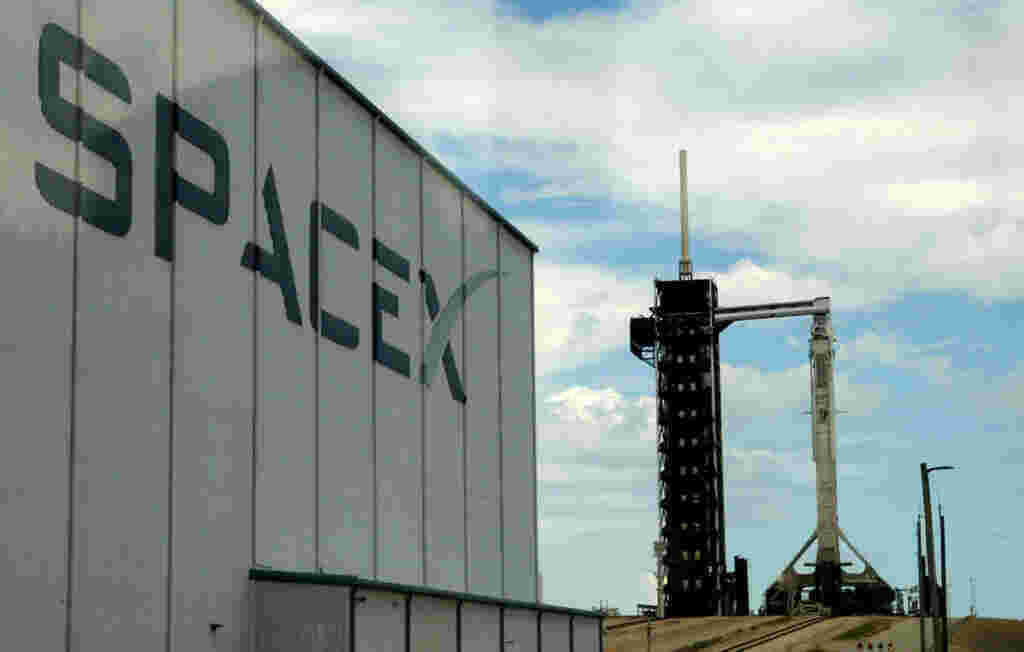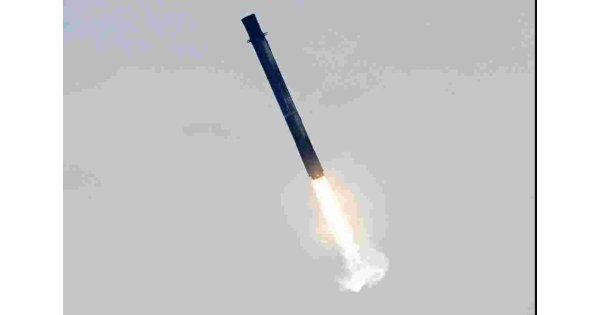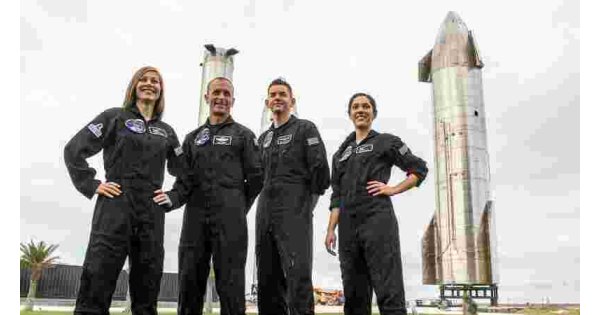SpaceX Launches Halted After Booster Rocket Overturns During Landing
Due to an incident involving a Falcon 9 booster rocket toppling over in flames, the Federal Aviation Administration (FAA) has temporarily grounded SpaceX launches and initiated an investigation. The accident occurred shortly after a successful launch from Cape Canaveral Space Force Station, but fortunately, no injuries or property damage were reported.
While the rocket's first stage successfully propelled 21 Starlink internet satellites into orbit, the booster experienced a fiery fall moments after landing on an ocean platform. This marked an unusual occurrence, as it was the first such accident involving a SpaceX booster in years.
Following the incident, the FAA swiftly ordered SpaceX to suspend Falcon 9 launches until the company completes an accident investigation and implements corrective actions that meet the FAA's approval.
"Losing a booster is always sad. Each one of them has a unique history and character. Thankfully this doesn't happen often," said Jon Edwards, a vice president at SpaceX.
The grounding of SpaceX flights will likely impact upcoming missions, including a private spaceflight scheduled to lift off from Kennedy Space Center in Florida and a NASA astronaut launch slated for late September.
Boeing's Starliner capsule, which encountered issues during a recent test flight, was initially intended to return the astronauts who launched on the mission. However, NASA deemed the capsule unsafe for their return, prompting SpaceX to step in and offer a ride on one of its Dragon spacecraft.
The FAA is expected to review SpaceX's findings and corrective plan before allowing the company to resume Falcon 9 launches. Additionally, a scheduled launch from California carrying more Starlinks has been canceled due to the accident.
SpaceX has indicated that its team is diligently working to pinpoint the cause of the booster's failure.
"We are working ASAP to understand what happened," said Edwards.
FAA grounds SpaceX after one of its rockets falls over in flames during landing
The Federal Aviation Administration grounded SpaceX's Falcon 9 rockets and ordered an investigation following the predawn accident off the Florida coast. No injuries or public damage were reported.





